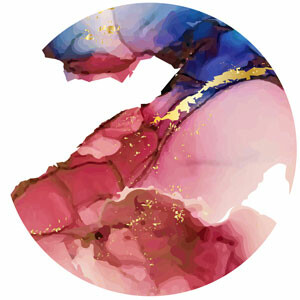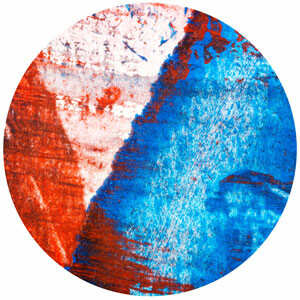
10.23.20 | Advocacy and Action
You are the salt of the earth; but if salt has lost its taste, how can its saltiness be restored? It is no longer good for anything, but is thrown out and trampled underfoot. You are the light of the world. A city built on a hill cannot be hid. No one after lighting a lamp puts it under the bushel basket, but on the lamp stand, and it gives light to all in the house. In the same way, let your light shine before others, so that they may see your good works and give glory to your Father in heaven. – Matthew 5:13-16 (NRSV)
Be salt. Be light.
A Message from Bishop LaTrelle Easterling
Beloved of God,
Grace and peace to you. As a constitutional republic, supported by a democratic form of government, the vote of every eligible individual in the United States is critical to our way of life. We enjoy the right to participate in election processes on a regular basis. There are times when that process is without note because it is so routine. Conversely, there are other times when the process creates heightened awareness and anxiety. We are in the latter time.
That being the case, many people are not only participating by casting their vote, but also participating in prayer vigils, public demonstrations, marches, and other forms of prophetic witness. This activity is supported by our constitutional right to freedom of speech, and our polity as United Methodists articulated through our Social Principles. In fact, our founder, John Wesley, understood the need for people of faith to be the conscience of the nation. He and many of his contemporaries were outspoken against slavery, directing their righteous indignation both within the church and to society at large. Bearing witness to injustice in the laws, policies, and practices of our systems of government is a part of our denominational heritage. It is sacred work.
And, as evidenced in the Scripture quoted at the beginning of this document, we maintain a responsibility to exercise these rights and responsibilities in a Christ-like manner. While engaging in public discourse about the heart of our democracy can and should be a time of deep sharing, empathetic listening, and learning, it all too often devolves into arguments, divisive posturing, and sometimes even violence. This is deeply regrettable. If we succumb to this violence, we are not modeling good discipleship.
As leaders in the Baltimore-Washington Conference, we encourage our clergy and lay leaders to be involved in our civic life. We are called to be prophetic witnesses of God’s grace, justice and righteousness. While doing so, we know we are called to a higher standard of engagement and interaction with our neighbors, even those with whom we may disagree. We are also called to be peacemakers, and our very presence, even in the midst of demonstrations, should invoke civility and calm. Wherever possible, our voices should de-escalate situations rather than escalate.
The following resources have been compiled to offer information, guidance, and recommendations for individuals, both lay and clergy, to engage in acts of public witness, opening our sacred spaces to serve as places of prayer, community resourcing, and safe havens. We encourage all those who plan to participate in such activities to read these documents carefully, plan accordingly, and commit to privileging life above every other consideration.
We encourage you to check this page regularly as new information or FAQs will be added as they are received. If you have any resources to contribute or questions not covered in this material, please contact Melissa Lauber, the conference director of communications, at We are praying with and for all of those who participate during this season in our nation. May we be salt and light to a world in deep need of both.





